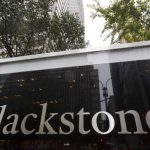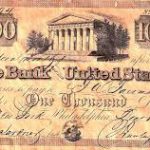I read an article that was saying SECURE 2.0 had some shortcomings, namely that it provided high earners more opportunities to save, especially because of the increased catch-up contributions in their 60s. Thanks, Captain Obvious.
Of course, high earners will have more money to save. While they claim that a Highly Compensated Employee for purposes of retirement plans is someone who makes $150,000 or more, whoever creates that annual limit, doesn’t live in New York, Boston, or Los Angeles. People don’t have money to defer because the cost of living is so high and some things like the kid’s tuition bills for college get in the way. In a system where the bulk of the retirement plan contributions come from participants’ salaries, those who make more can defer more. It’s not rocket science.
I think SECURE 2.0 helps with getting lower-paid employees to defer through obligatory automatic enrollment for new plans and high earners will have to make catch-up contributions as Roth, which means they will have to pay the taxes upfront. So SECURE 2.0 isn’t just a reward for the highly compensated.







